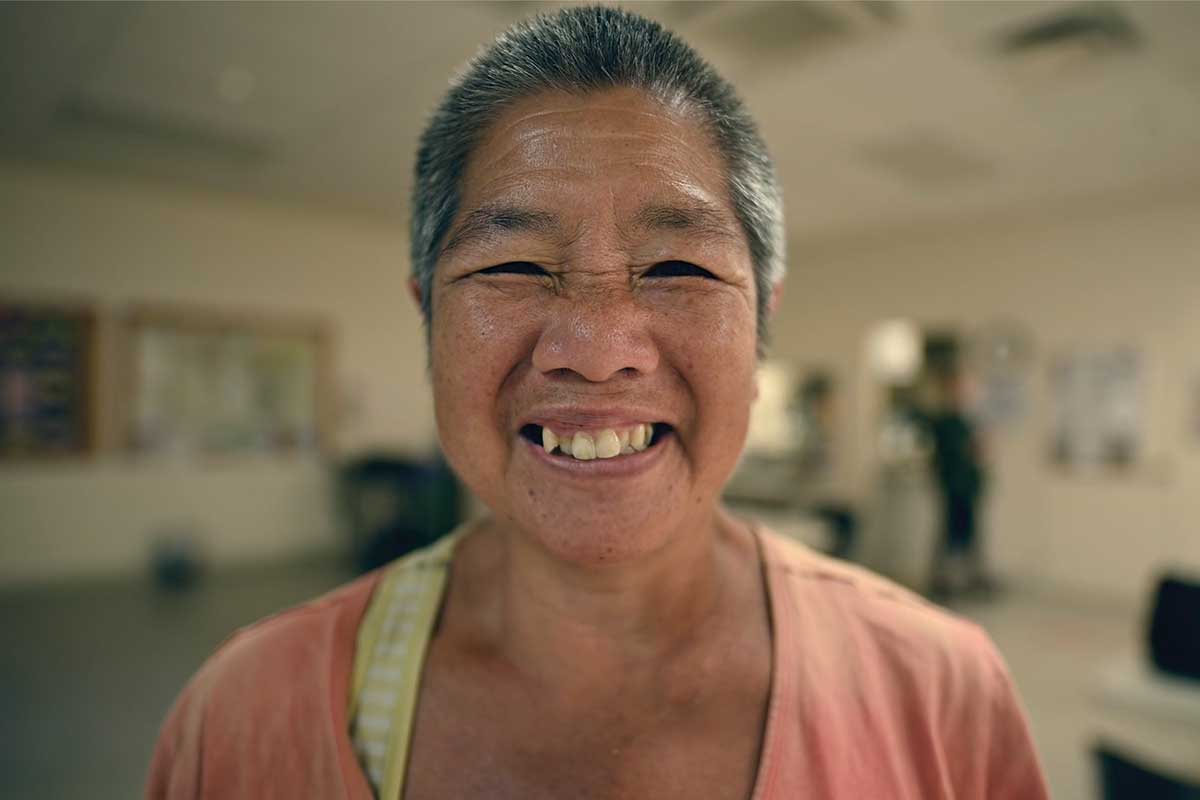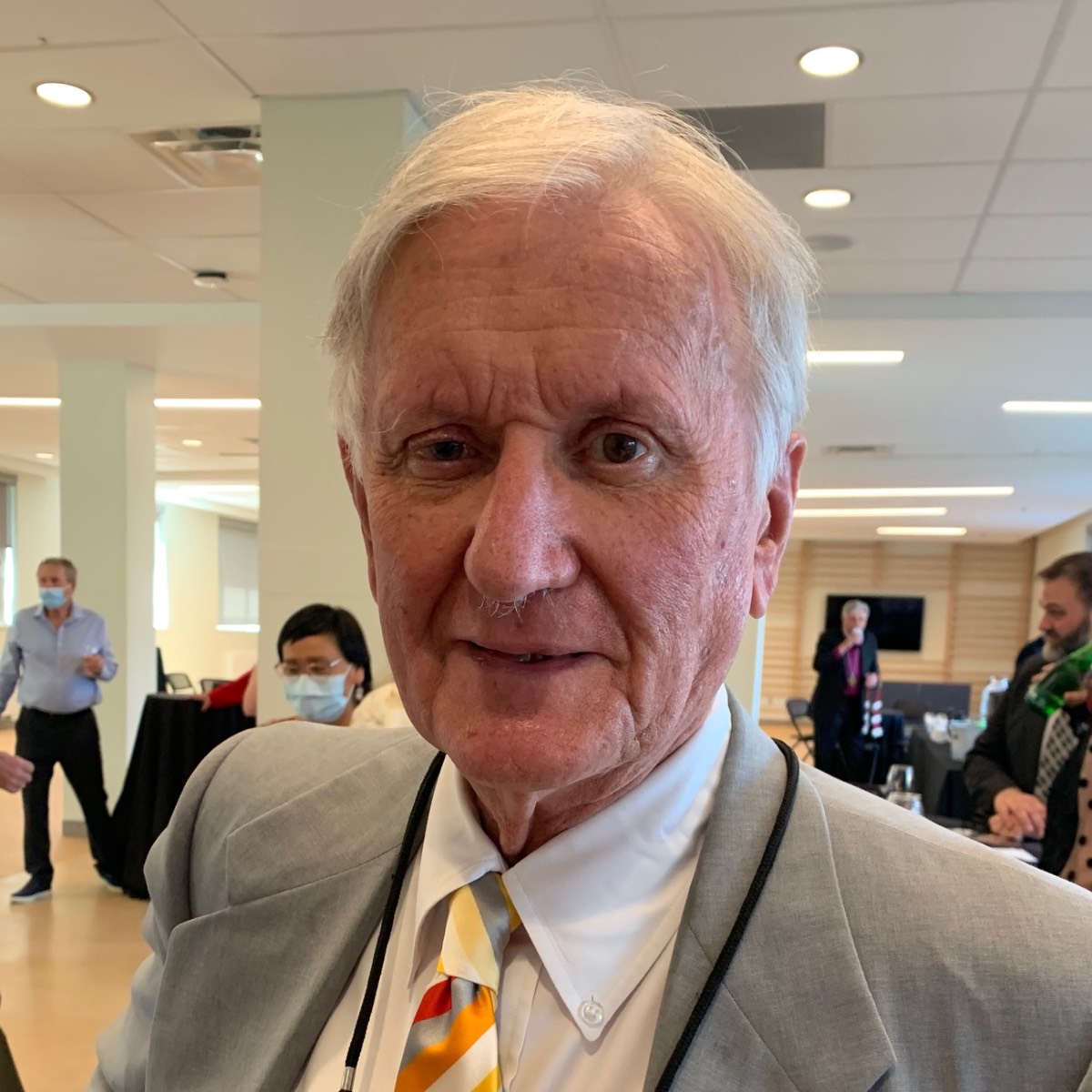If you walk into St. Albans or St Luke’s church anytime on weekdays you may find people who are homeless taking a nap.
The combined community ministry day programs – Centre 454, St Luke’s Table and The Well – have added sleeping cots in the churches as part of their expanded support to meet increasing need during the pandemic.
The cots are in regular daily use, executive director Rachel Robinson says, as part of a knock-on effect caused by a rise in evictions from rental housing and job losses. They were already standard equipment at The Well.
About 200 people are living on Ottawa streets now compared to 150 before the pandemic. Some cot users are reluctant to go into shelters, some trying to sleep outdoors welcome the opportunity to rest.
The impact is being seen most in the demand for food. The programs registered a 50 per cent increase in production during the summer. In September, the programs served more than 400 meals daily, 200 at St. Luke’s Table, 120 at Centre 454 and 90 at The Well. Hot meal service at Centre 454, located at St Albans, is new since the pandemic. The totals include breakfast and lunch.
St Luke’s Table and Centre 454 have been open seven days a week, and St Luke’s Table has stayed open until 9 p.m. Monday to Friday. Since renovations at St Luke’s were completed last winter, showers and laundry facilities have been in constant use.
Increased service requires more staff, now numbering 40, up from 30 last winter. “We are recruiting on an ongoing basis,” Robinson says. But qualified candidates with the skills to deal with complex issues are hard to find. A staff shortage recently forced a temporary closure of the cots at St. Luke’s.The pandemic struck home during the summer, once when a staff member and again when two participants tested positive. St. Luke’s Table and Centre 454 were forced to close for five days while isolation and testing protocols were carried out.
Overall, the programs have responded successfully. All staff got vaccinated as soon as possible. But “unfortunately we serve a high rate of unvaccinated people,” Robinson says. Three pop-up clinics were organized in cooperation with Ottawa health services and there may be more as concern over the Delta variant — “the big unknown” — continues. The prospect of a return to physical distancing, for example, would have major repercussions for all three programs.
Expanded services and staff mean expanded costs. The programs have kept going with Social Services Relief Funding, federal support through the City of Ottawa, but private donations are critical for the programs to maintain their high level of service. The Diocese is holding an important annual fundraising event — Building a Community of Hope Virtual Tour, Fundraiser and Silent Auction — on Oct. 21. (See story p. 5 and brochure insert in this issue of Crosstalk and www.todayfortomorrow.ca )


Saint Mary’s Church, Westmeath — Deanery of the Northwest